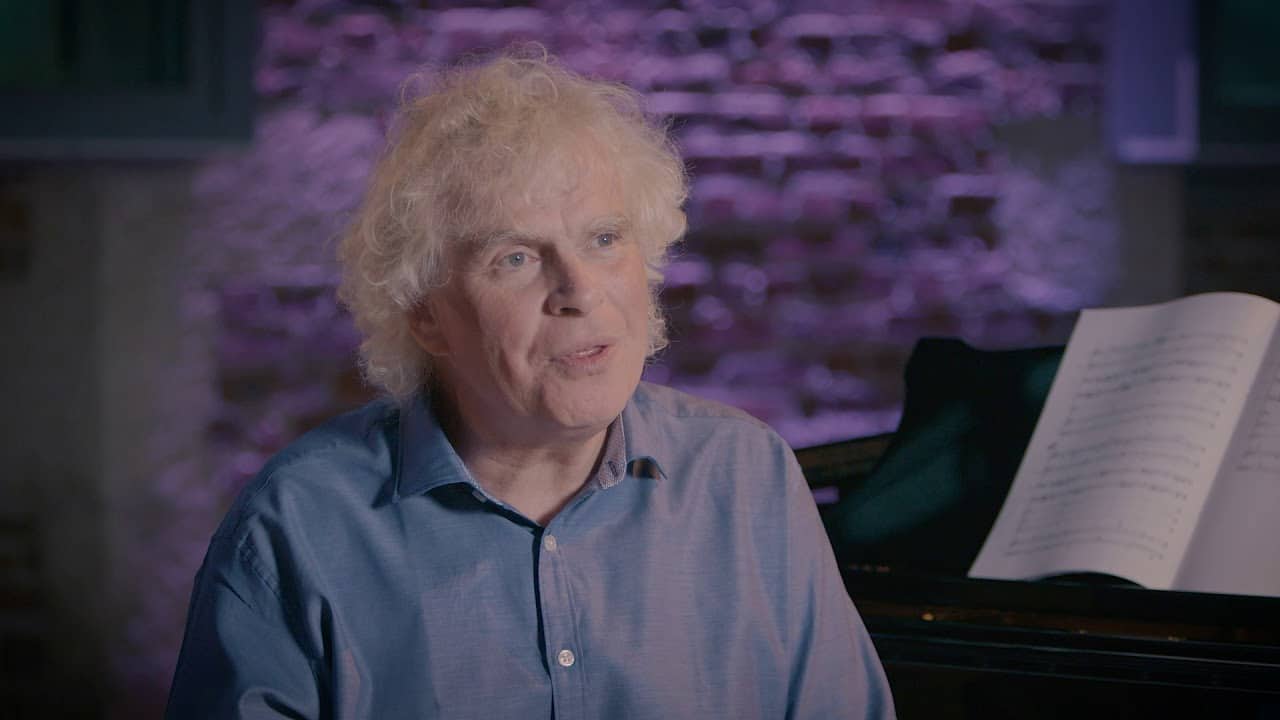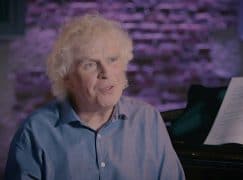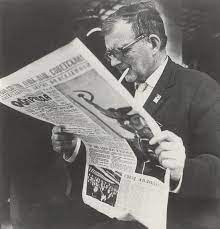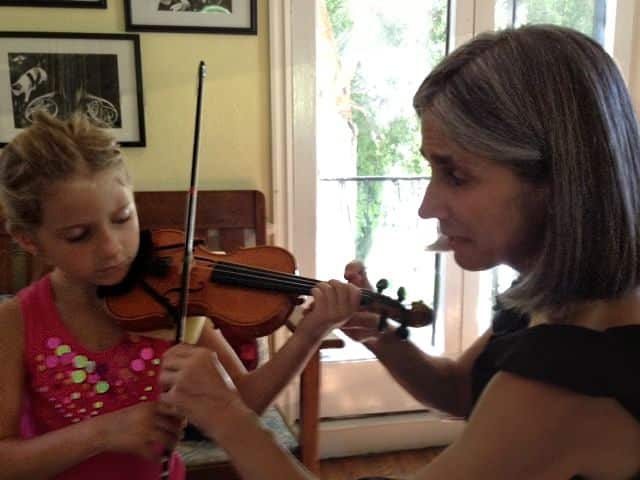Simon Rattle is subdued on post-Covid outlook
mainThe LSO conductor and his friend, the Halle conductor Mark Elder, have sent a joint letter to the Guardian newspaper in response to an article predicting Armageddon for British orchestras. The tone is notably quiet, dark, sombre, even confused. I have never seen a text by Rattle with so little clarity and resolution. Here’s the letter, posted online about an hour ago:

There are so many pressing problems to solve in the UK that it takes courage even to mention the desperate situation of classical music in the time of Covid-19.
There’s a real possibility of a devastated landscape on the other side of this; orchestras may not survive, and if they do, they may face insuperable obstacles to remain solvent in our new reality. What we write applies, of course, to all types of music, not just classical music which is our area of expertise. Our music is essentially a live experience and requires all the participants, performers and listeners alike, to be in the same room together. What we may do individually over the internet in these months is all well and good, but the living core of our work is a live communion, a sharing of space, art and emotion which is both vital and healing.
This healing will become ever more necessary in the coming time as we attempt to bear witness and understand what we have all gone through. In such an existential crisis, the realisation of our shared vulnerability will surely change and deepen our relationship to all the arts. In our own field we are asking ourselves; how can we get back to live music? How can we give our audiences the courage to gradually return?
More immediately, how can we maintain musical continuity when orchestras are silenced? And how do we nurture a generation of young musicians whose prospects look bleak just as they embark on a career in this ever more uncertain world?
The recent extension of the furlough scheme is a blessing and enables many organisations to hang on. For freelance musicians, which include four of the London orchestras among others, huge problems remain. Currently many freelancers fall between the cracks of the government’s self-employment schemes. We need to find a way to sustain some kind of backbone of income so that we will eventually be able to play whenever that will be possible. At the most basic level, despite all appearances to the contrary, musicians are humans. They need to eat and pay their bills. But we also need to play together and train, just like any sports team, albeit in a totally new environment. Crucially, this musical team is part of a complex structure that is focussed around, and serves, its home town or city.
We will have to reinvent the wheel in so many ways. Learning to play while remaining distanced from each other will be much harder than it may initially seem.
Our venues will have to learn to shepherd audiences in and out of performances in safety, and accept that at maximum only 25% capacity will be allowed, with all the economic knock on effects that this reality implies. We MUST find a way to play together soon, even without an audience, if we are to maintain anything like our normal standards, and we badly need clarity from government, a timeline, of when that might be and how it can be implemented. We understand that we cannot expect to revert to everything as it was before; we will be creative and tireless in making contingency plans and solving problems.
All musicians of whatever genre share the magnificent problem of an art form which is, fundamentally, songs transmitted to people in a room. When will our audiences have the chance to experience this once more?
We refuse to believe that live music will die, but it will not survive merely on energy and optimism. It will need support and understanding, particularly when it ventures out in public once more. The first year of performing with fewer musicians to a much smaller public will be our toughest time, and we will need a helping hand to make it through.
In Mainland Europe orchestras are gradually opening up and finding different ways to deal with the problems of distancing. Good practice is being built up: in the UK we must gain time by learning what has already been proved to work, rather than starting from the beginning yet again, with people not from the performing arts making the decisions. Until we have some practical idea of what our future might entail, musicians in our country will continue to feel out in the wilderness.
Sir Simon Rattle, OM, CBE, Music Director, London Symphony Orchestra
Sir Mark Elder, CH, CBE, Music Director, Hallé Orchestra






Comments